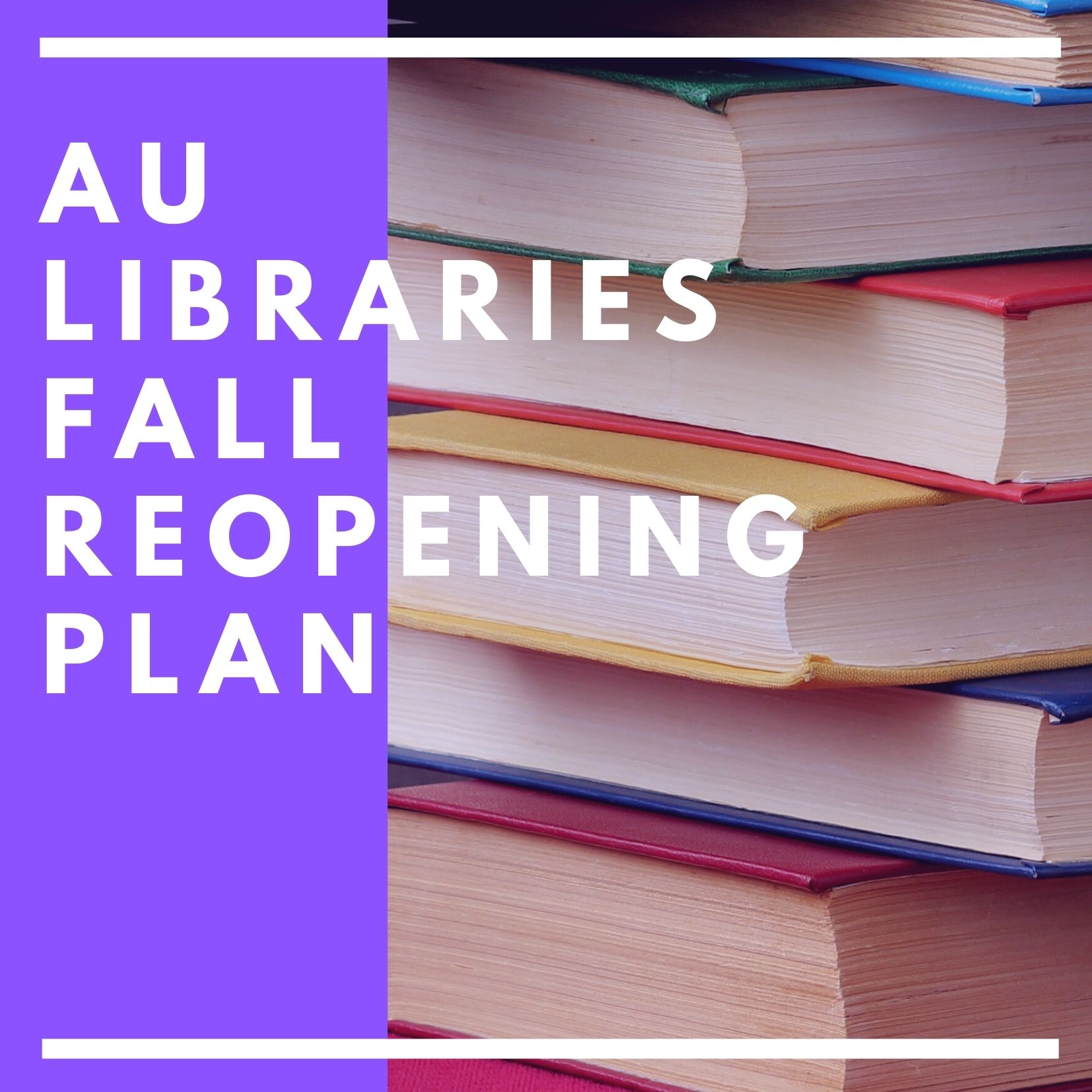Alfred University Libraries stand in solidarity with Black Lives Matter and global movements responding to the systemic racism and anti-Black violence that recently claimed the lives of Breonna Taylor, George Floyd, Ahmaud Arbery, Tony McDade, and innumerable others. We recognize that this movement is intersectional and essential to dismantling oppression. We appreciate and endorse the statements of Alfred University and the American Library Association, which show support for all marginalized communities, especially the BIPOC (Black, Indigenous, People of Color) community.
Affirming that Black Lives Matter engages with our Libraries’ value of supporting “intellectual and cultural diversity” and recommits us to the strategic goals of recruiting and retaining “a diverse and talented staff” and to developing “library programming that makes the libraries a center for intellectual discussion.” We recognize, however, that this is not enough.
The Libraries acknowledge that an ongoing history of oppression occurs not just in areas such as policing, housing, employment, and healthcare, but also in library services, where there are many examples of libraries being complacent or complicit in the oppression of BIPOC. Alfred University Libraries do not claim immunity from complicity in this history of systemic racism.
Current events show us that unvoiced support for marginalized communities is only slightly better than no support at all, so we are actively adding our voice. However, this is only the first step. We also commit to “walking the walk” in order to create a more equitable, inclusive, and empowering environment, and a more just society. As a start, we will take the following concrete steps:
Creating a more inclusive environment:
- Solicit feedback from students on “What would make you feel more welcome and/or comfortable in the Alfred University Libraries?” Partner with the Institute for Cultural Unity to ensure students from marginalized groups are aware that we are asking for their feedback.
- Require all library personnel to participate in implicit bias and bystander intervention training (see Appendix).
- Strongly encourage library personnel to participate in Psychological First-Aid (PFA) and Safe Zone training (see Appendix).
- Evaluate the library search and hiring process to reduce bias and increase equity and to incorporate best-practices.
- Integrate anti-racist and/or anti-oppression values and language into the AU Libraries Mission, Vision, and Values.
Creating more inclusive collections:
- Actively add the work of BIPOC scholars to library collections.
- Add resources to support anti-oppression research and work to library collections.
- Solicit suggestions from students on collecting library materials by and/or about BIPOC.
- Whenever possible, ensure that library displays include works by marginalized creators/authors.
- Expand collaboration with student groups for library displays and events.
Educating ourselves:
- Begin a discussion group for library personnel focusing on works from a list of anti-racist resources or a list of anti-oppression readings focused on libraries and librarianship (see Appendix).
- Create a resource guide focused on anti-oppression (see Appendix).
We commit to regularly evaluating our progress and continuing to build on this statement and commitment. We welcome input from our patrons and our community on additional steps we can take as we work toward improving ourselves as professionals and as the Alfred University Libraries.
Appendix: Example Trainings and Resources
To guide the implementation of the actionable steps in our commitment, Alfred University Libraries recommend these examples and resources to be used as appropriate.
- Implicit bias training may include gender and sexuality issues but should also include racial issues such as micro and macroaggressions. One such example is UCLA’s “KNOW” Implicit Bias. This page provides a video series and modules as well as scholarship and additional videos.
- Bystander intervention training equips trainees with the training necessary to intervene in situations of harassment and hate violence. One recommended resource is the Southern Poverty Law Center’s guide to bystander intervention.
- Psychological First Aid (PFA) trainings equip trainees to respond to disasters and other traumatic events that affect a community by focusing on safety, stabilization, and connecting people to helpful resources. The American Psychological Association has compiled lists of resources and PFA providers.
- Safe Zone trainings create the opportunity to learn about different identities, particularly LGBTQIA+ people and the prejudices that they face. One example of Safe Zone training is provided by the Safe Zone Project.
- Lists of anti-racist resources take many meaningful forms. One example of a list that pertains directly to higher education was compiled by #ShutDownSTEM.
- Anti-oppression readings focused in libraries have a rich history. One exemplary compilation of readings is University of Wisconsin-Madison’s Disrupting Whiteness in Libraries and Librarianship: A Reading List.
- Anti-oppression resource guides are helpful tools for guiding students and faculty toward understanding oppression and the ways that they can combat it. Examples of such guides created by libraries include Anti-Oppression Resources for UNLV Students, Simmons University Library Anti-Oppression LibGuide, and this scaffolded list.

